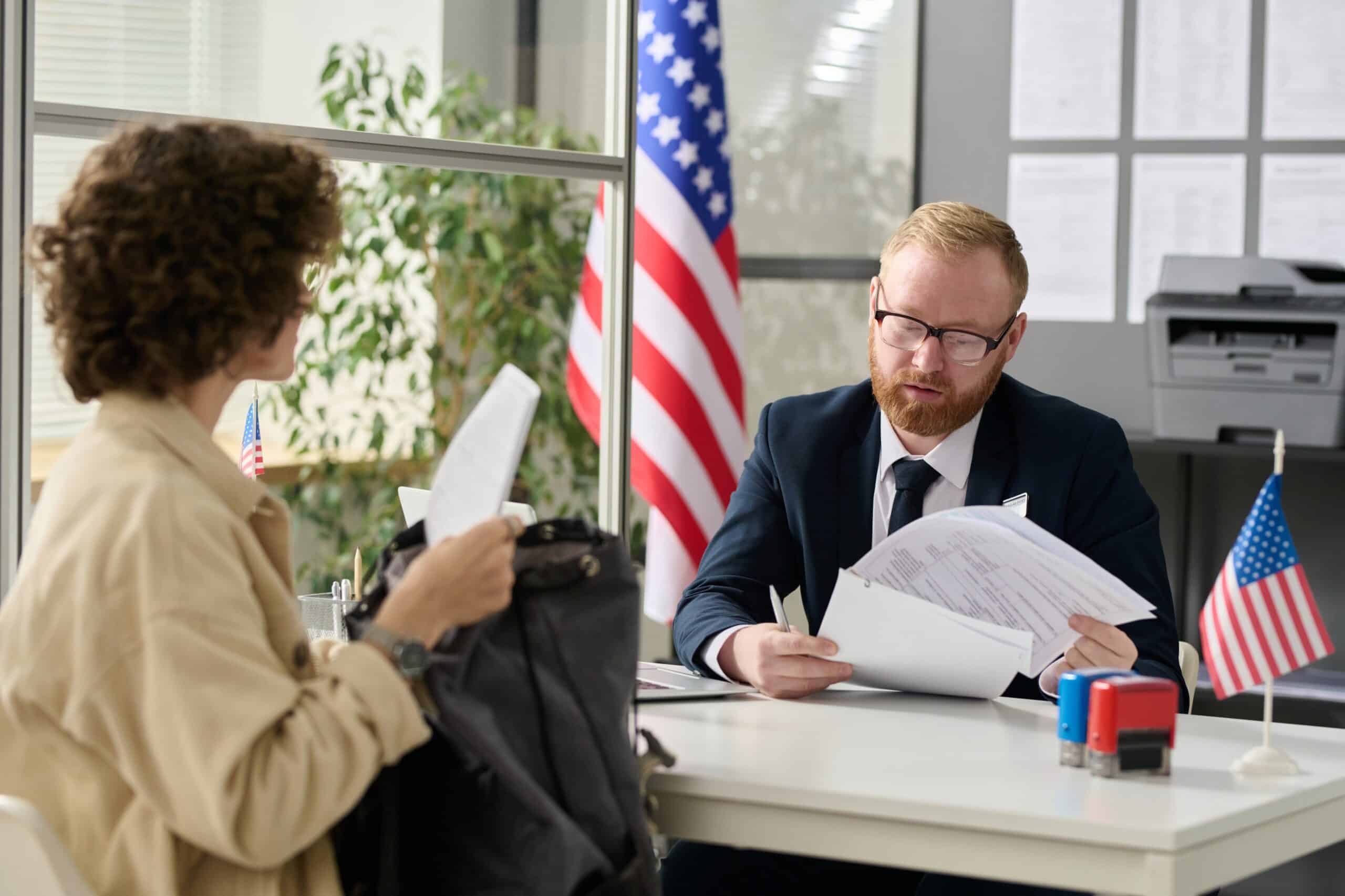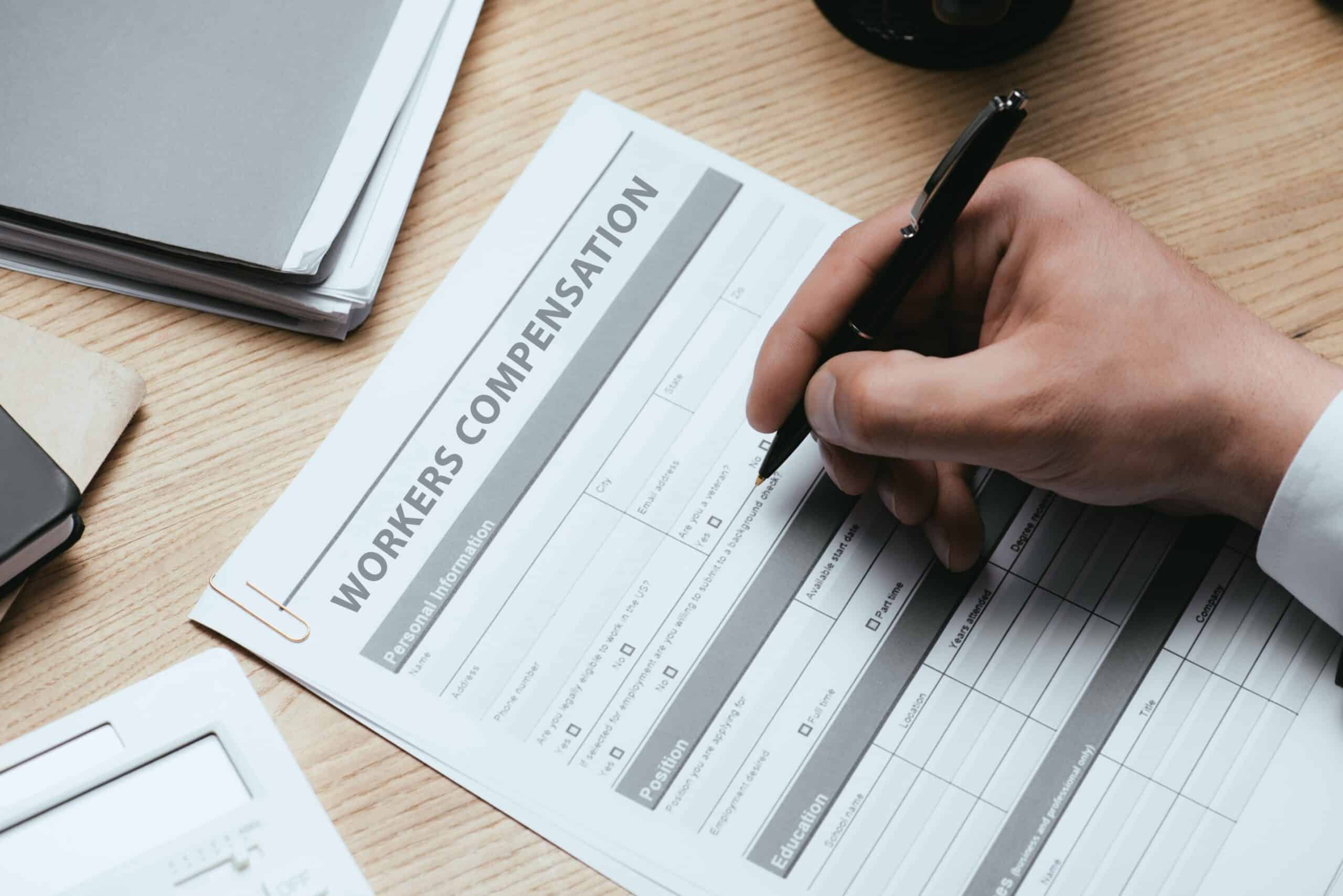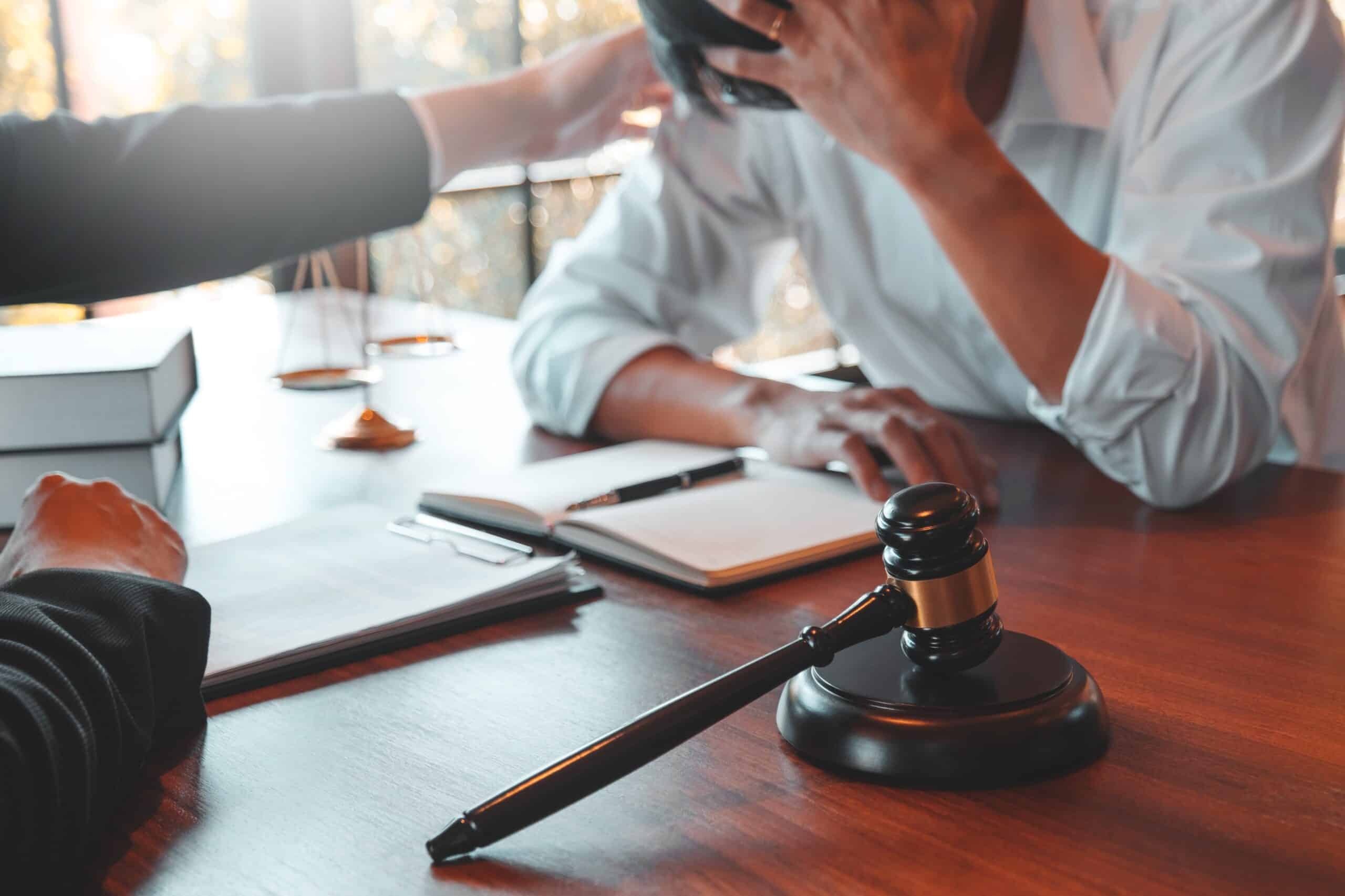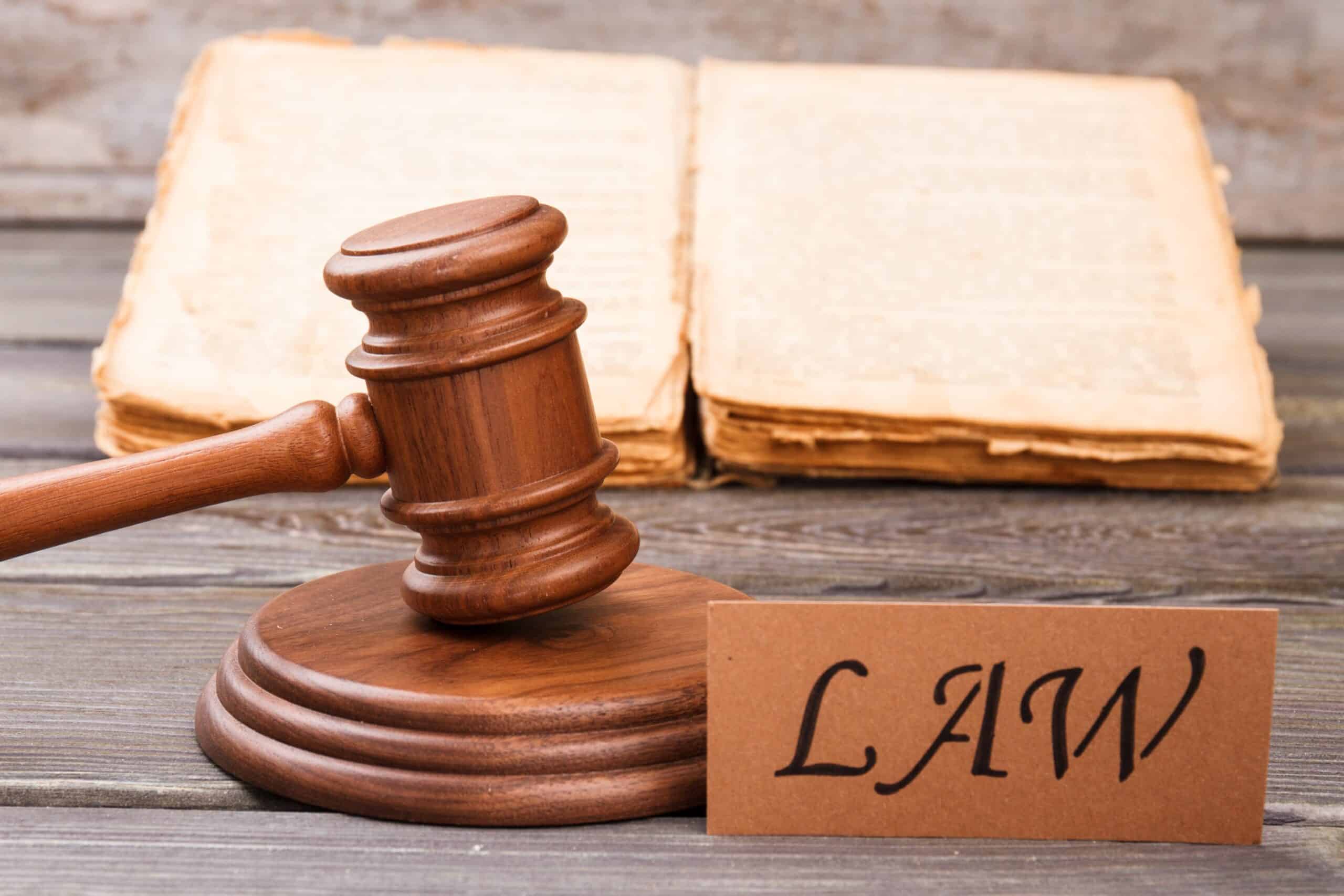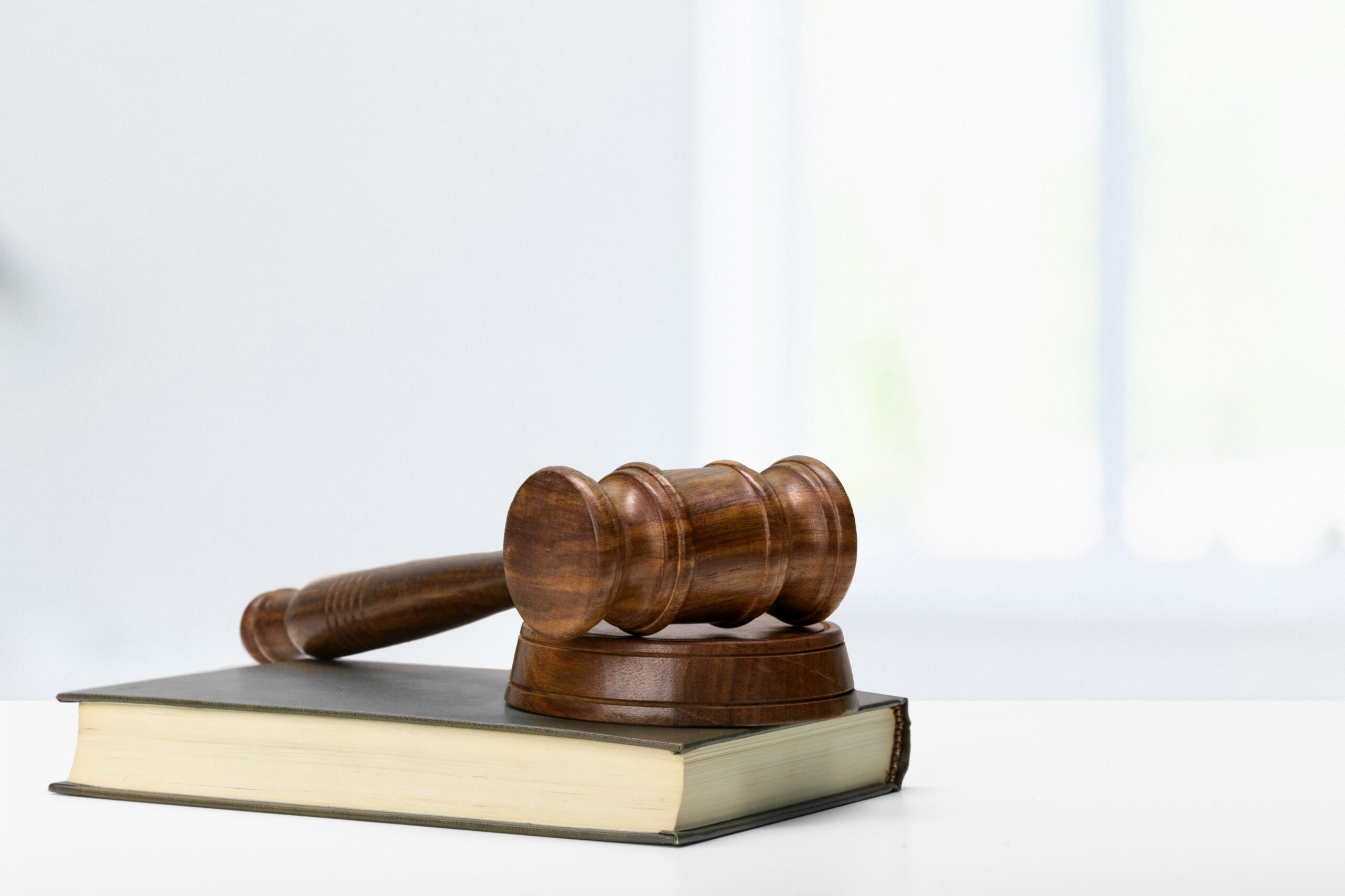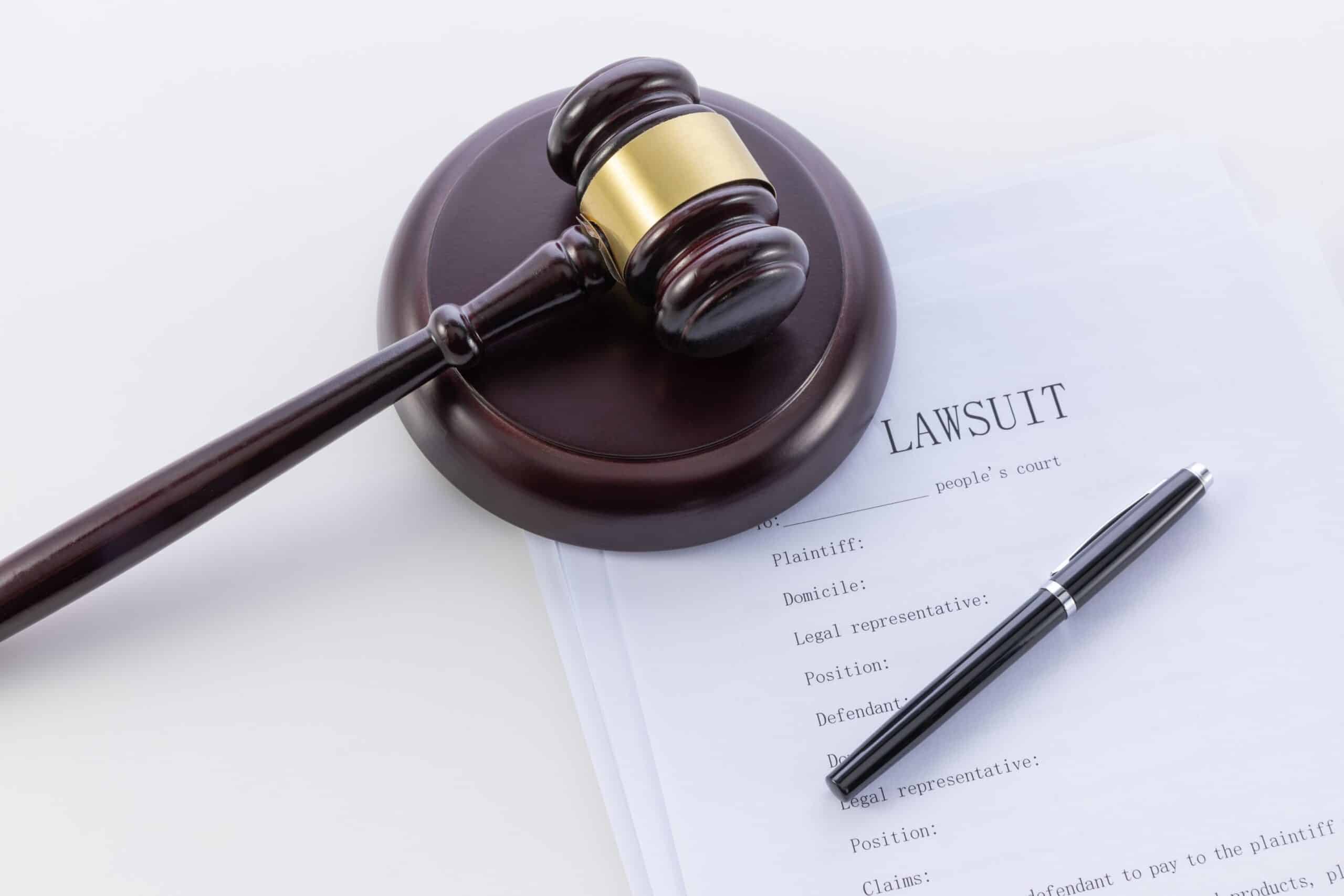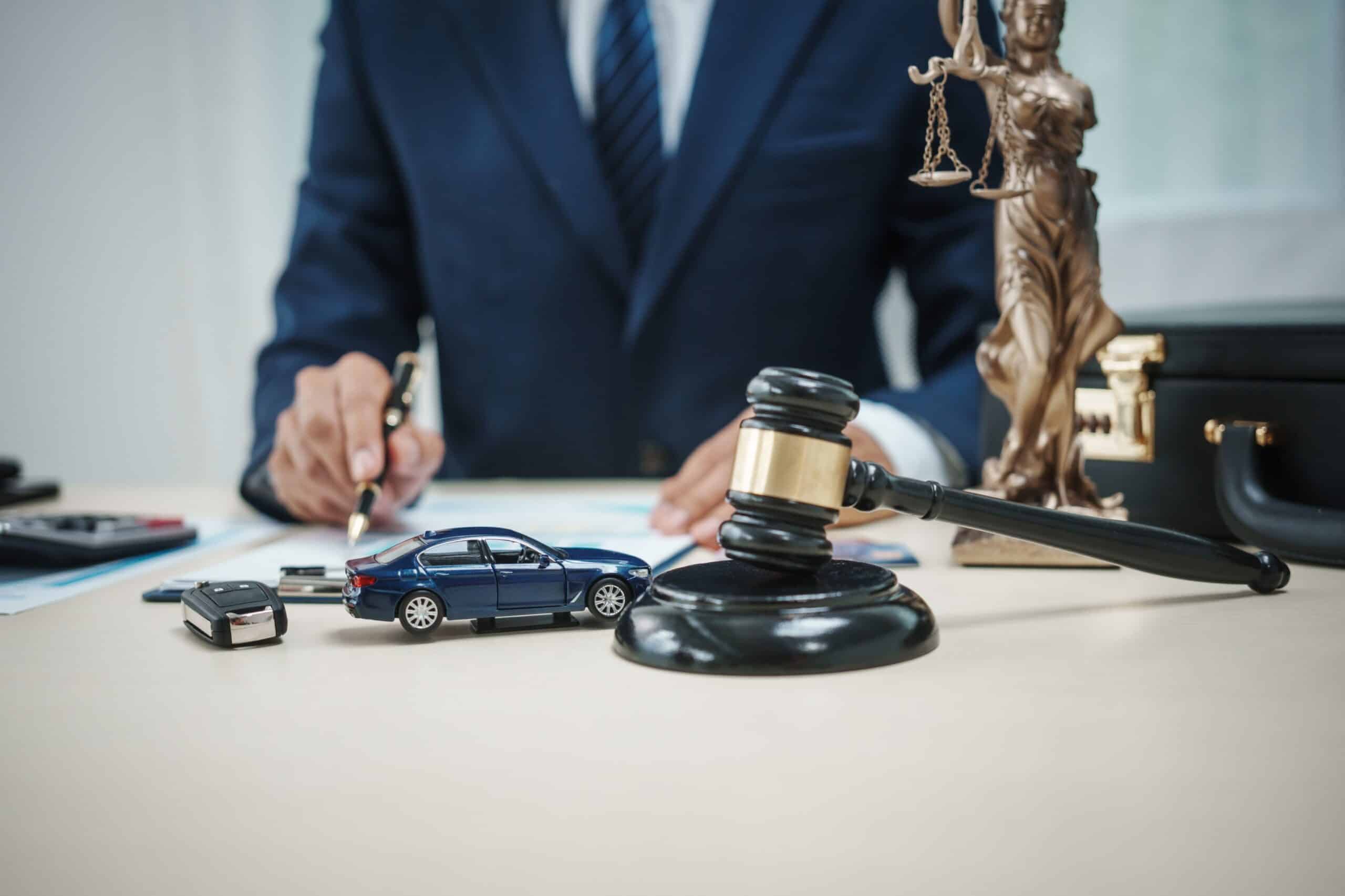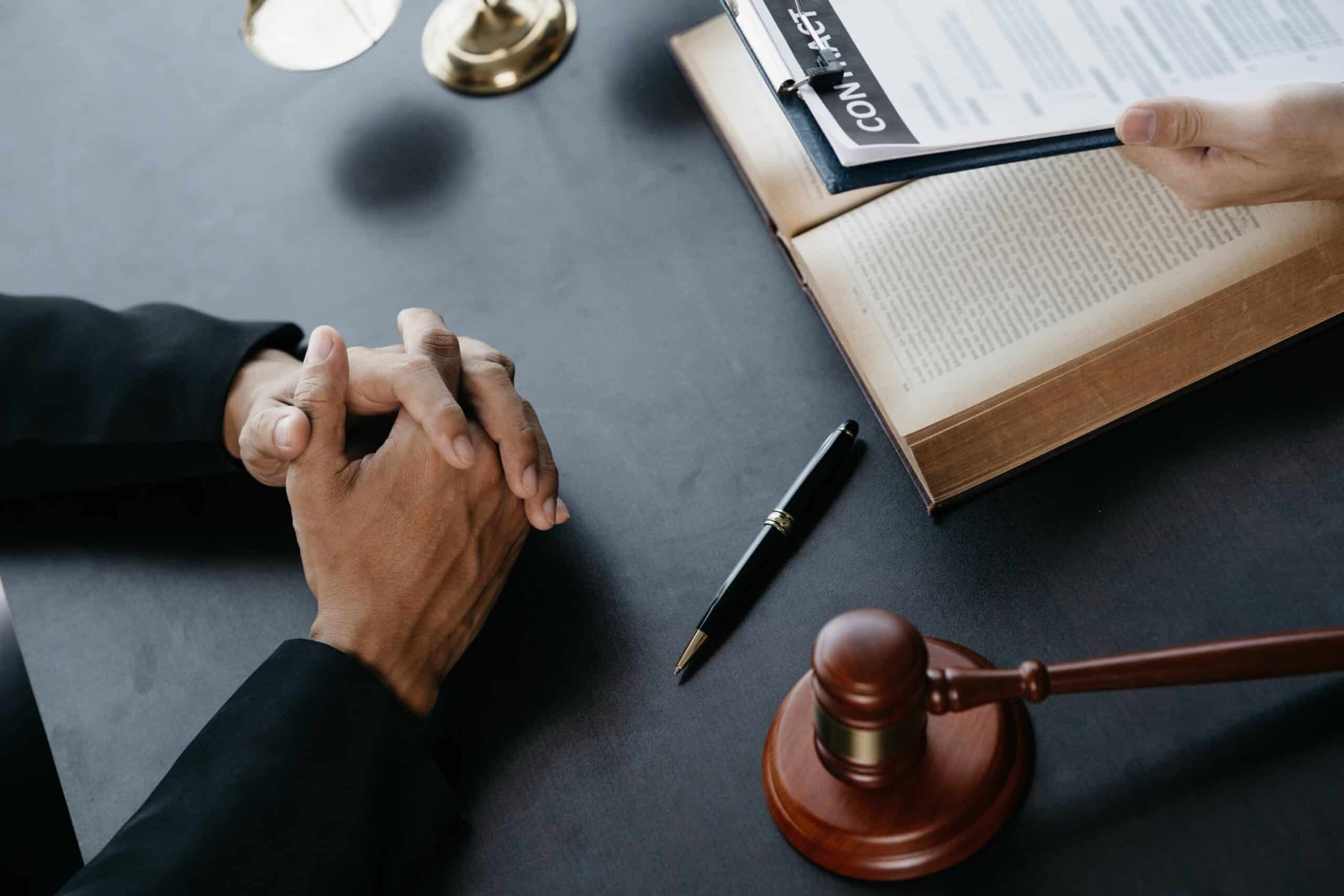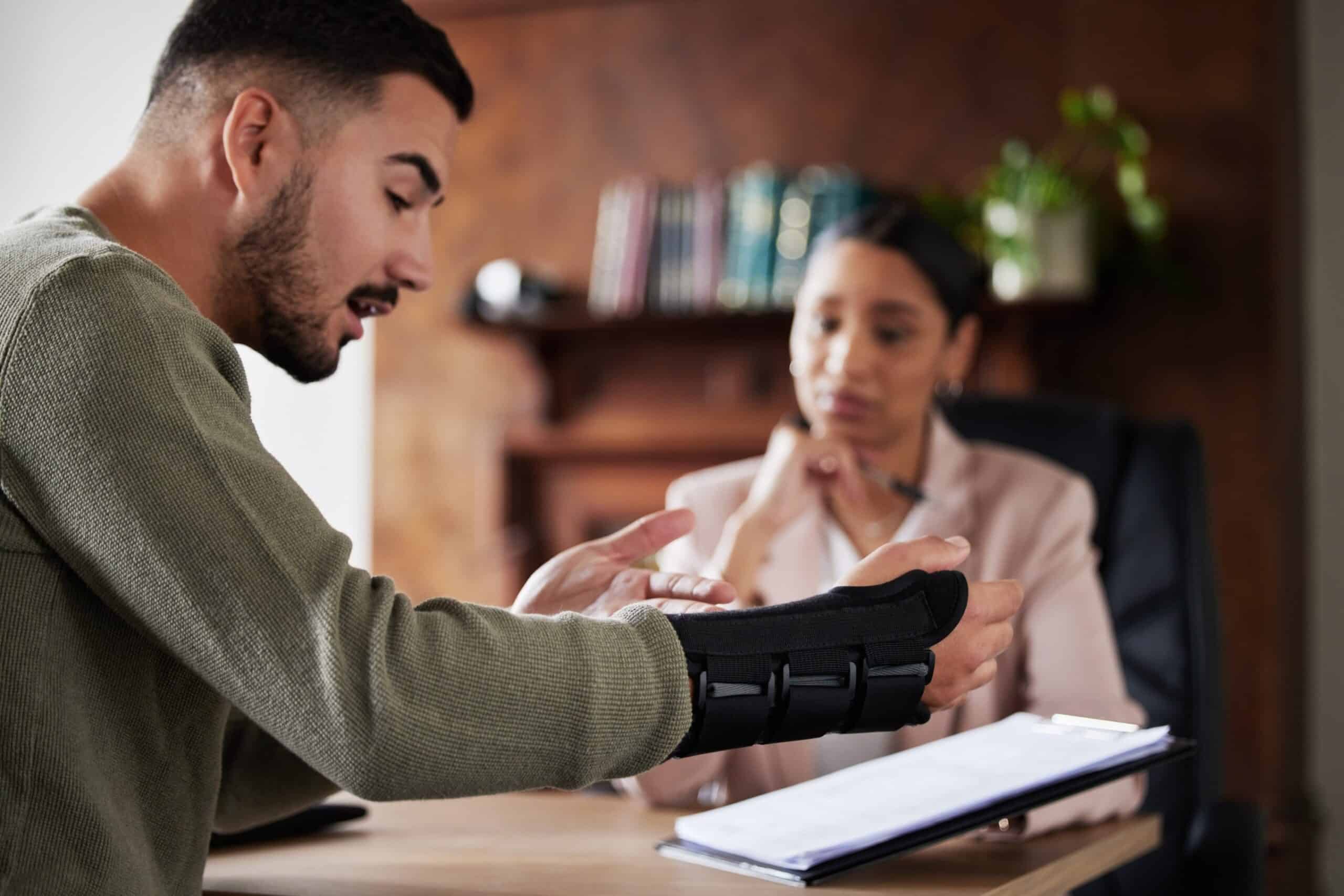How to Prove Negligence in a Slip and Fall Injury Case – Guest Post

Slip and falls also happen fairly often and will definitely cause some pretty nasty injuries in a span of mere seconds. When slip and fall injuries do happen as a result of hazardous conditions on another person’s property, however, the victim can expect to be fairly compensated. The victims and slip and fall attorneys will then be required to prove negligence so at least this would be something which can be proved. Negligence is the basis of a majority of claims for personal injuries, including slip and fall. Proving negligence essentially wins or loses a lawsuit.
What Is Negligence in a Slip and Fall Case?
Negligence is a lack or inability on the part of the owner, occupier, or the property manager to use reasonable efforts to make the environment safe. Negligence in slip and fall occurs when the owner of the property or the liable party fails to remove hazardous conditions on the property or is unable to react with a reasonable or timely fashion.
Legally, for the victim to succeed in slip and fall action, he or she should establish that the defendant (property owner or occupier) was negligent and also that his negligence caused the harm. The foundation in establishing negligence is establishing the four requisites that is duty of care, breach of duty, causation, and damages.
1. Duty of Care
The first to be established is that there was an obligation of the occupier or the owner of the building to the plaintiff. The positive obligation is to see to it that the building is secure so that the guest or visitor is not harmed.
For instance, shop owners have a duty to care for customers, and home owners have a duty to care for home visitors. In most situations, the duty of care is conferred based on the status of the visiting individual and the owner of the property. There are typically three types of visitors in most situations
Invitees: They are visitors who come onto the land for business reasons, e.g., customers to a shop. Landowners owe them the highest duty of care.
Licensees: They are people who come onto the land for social reasons, e.g., guests to a house. Landowners owe them less, usually to warn them of hidden risks.
Trespassers: The trespassers owe the least to the owners, and they owe them only a general duty not to actively harm them.
Whether the victim who was injured was an invitee or a licensee, the owner of the property did owe a duty of maintaining their property in good repair. Evidence of this duty of care is the first link to establish to establish negligence.
2. Breach of Duty
After establishing duty of care, the second element is proofing that the owner of the property breached the duty of care. The breach of duty is demonstrating that the occupier or owner was unreasonable when trying to remove the cause of the risk leading to the fall.
Breach in duty of care may also be in other ways, including:
- Failing to clear a spill
- Failing to maintain fixed steps or passageways
- Lack of care on the part of inadequate lighting or below-standard lighting
- Lack of proper warning signs in the work or repair areas
Slip and fall attorneys will prove a violation by presenting evidence of inaction on the part of the owner. That may include photographs of the location, maintenance records, and deposition of witnesses. Expert witness testimony will be required in order to prove reasonable standards of maintenance and safety standards.
3. Causation
The third to prove in a slip and fall lawsuit is causation. This is to connect the hazardous condition in direct proportion to the fall and ensuing injury. The violation of duty (i.e., slippery floor or cracked sidewalk) should be proven to directly result in the injury. This is so that otherwise the property owner will be able to argue that the injury was due to some other cause despite the condition of the premises.
For instance, if the owner fails to fix a broken handrail on a staircase and the victim trips and falls over it, tripping would amount to causation of the owner’s negligence directly. If causation of injury was an independent medical condition (i.e., having a heart attack), the claim would be rejected on the basis of causation not applying.
Slip and fall lawyers will be provided with the medical records, reports of accidents, and witness statements in order to determine causation. They will also visit the site to determine whether they can establish contributory causes that will achieve the nexus between the risk and the injury.
4. Damages
The final element of proving negligence is proving that the fall resulted in damages. The plaintiff must have suffered actual harm, i.e., bodily injury, mental distress, or economic loss. A slip and fall case cannot succeed without damages.
Damages in a slip and fall case can be:
- Medical bills: Charges paid on the treatment of injury, i.e., consultation, surgery, and therapy.
- Lost wages: Grant for earnings the victim did not earn because he could not work while recovering.
- Pain and suffering: Grant for bodily pain, emotional pain, and diminished quality of life due to injury.
- Damage to property: If personal belongings, such as a phone or glasses, are damaged in the fall, repair or replacement cost can be added.
Slip and fall attorneys will then proceed and collect evidence of damages such as statements of physicians or therapists, pay stubs, and medical records.
How Slip and Fall Attorneys Can Assist
The skill of proving the negligence aspect in a slip and fall personal injury case is a combination of possessing the right knowledge of law and the capacity to collect and present evidence. Slip and fall attorneys assist the victims to a great extent by strengthening their case. The attorneys will visit the site of the accident, collect evidence related to the case, take witness statements, and consult experts to ensure that the owner’s negligence caused the injury.
Lawyers also inform victims of their legal rights and legal options. Lawyers navigate clients through the labyrinth of the justice system, negotiate insurance companies, and settle cases whenever possible. Lawyers will take the case to court in most of their slip and fall cases as a way to ensure that their client receives what they are owed.
Negligence in the case of slip and fall is not easily proved but needs to be proven in case the damages are awarded. Proving duty of care by the owner of the property, breach of duty, proximate causation of the injury leading to ascertainable damages grant authority to the victims to be put back into their pre-accident state.

